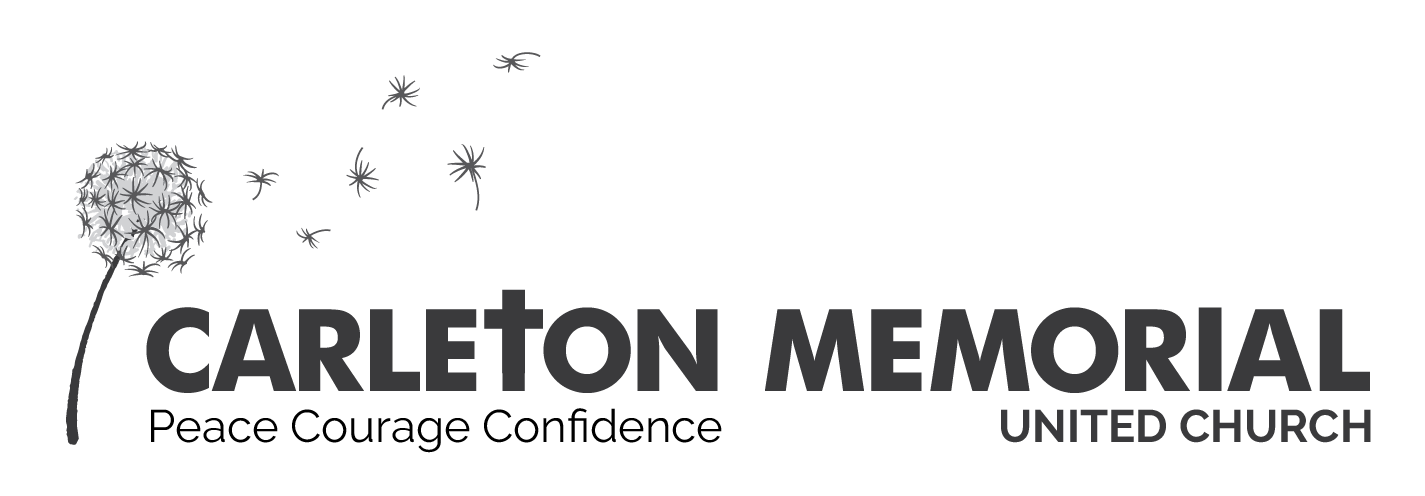
Have you ever felt like that person singing in the choir who doesn’t clue in that it’s not the choir singing off key, it’s them? Or being the one person who’s marching off time wondering why everybody else has got it wrong?
I must say, there are days when I feel like that person. And, to be honest, hearing that I am being “difficult” only makes it worse – especially when it’s true. Those who know me even a little bit will have no trouble vouching for me. I can be difficult.
It’s painful when I see it.
You know, that moment when you realize that the reason you are the only one who sees what you see isn’t because you’ve got it right and everybody around you has it wrong. It’s… shame … the other way around.
And I don’t use the word shame lightly. Depending on the circumstances or the way you are spiritually put together, self-awareness can be a painful experience.
These are situations – in my years of experience – that are among the most difficult for us to deal with. Even more difficult, I think, than constantly second guessing yourself.
Misery may love company. But nothing that I can think of loves difficult people.
Maybe you are feeling like this too? I’d like to offer some hope – for everybody.

A cursory check on the internet for an answer to the my little merry-go-round question produced little in the way of answers. Psychology Today (which publishes some pretty good stuff even if it’s not that deep) had one article that focused on getting help from family and friends. Even though such external factors are important when coming to terms with our relative difficult-ness, I’m not sure they help us get closer to the crux of the matter. Because I see the source of this as being profoundly spiritual – a born again moment if you will.
Maybe I’m being difficult. But then again, maybe not. Maybe dealing with being difficult is what is really difficult. And maybe that’s why there’s no easy answer – no pop psychology answer.
Before I continue, I want to share something.
Naming “fault” in a helpful way starts with forgiving oneself – in the sense of letting go of shame and guilt and replacing those things with gratitude and resolve. And that takes time. And it takes faith. And it takes effort. (And …. dare I say it …. a good church community understands how to help you live through that process. A good church can help you come back better than you ever thought you would be. Jesus said, “Blessed are the peacemakers, for they will be called children of God.”)
So take some to time find forgiveness in your heart for yourself – enough that you’ll have some left over for later, maybe even to share with someone else. It’s true that people are hard to love when they are being difficult. It stands to reason, then, that for someone to be able to avoid being difficult requires the momentum that is generated by forgiveness of the self.

Forgiveness starts with forgiveness of the self. That’s why many people say that forgiveness is a gift from God.
So here are some things to ponder :
- If you are going to have a conversation with yourself, remember to be polite. Self talk is best when it’s about self-recognition and self-refinement rather than self-denial which can often lead to self-loathing, no matter how much we try to hide from it.
- In a difficult situation, ask what a not-difficult situation might look like by comparison. At the risk of sounding all Zen-like, ask what kind of energy is required to bring about hope – hope that builds a bridge between the negative energy of a difficult situation and the positive energy of a hoped-for future situation. This is a question about being rather than doing.
- Be honest and realistic about expectations. Many people interpret this as simply realizing that “Rome wasn’t built in a day.”. That may be true, but it doesn’t tell the whole story. The deeper, more spiritual truth lies in making the distinction between what expectations are personal and what expectations we might hope for collectively. Many difficult situations arise and when the two are mixed up. Every person has a right to their personal expectations. But that should not mean that someone’s personal expectations will dominate the collective expectations of the group. Compassion and empathy are allies in making sure no one gets left behind. But it’s important to not confuse compassion and empathy with enabling or patronizing bad behavior. That’s a conversation for another time.
I hope this was helpful. I hope it has not caused further difficulty. If it did, please forgive me. We can always try again tomorrow, and the next day, and the next.
Be blessed. Be a blessing.
Rev. Eric Lukacs











Connect with Carleton Memorial